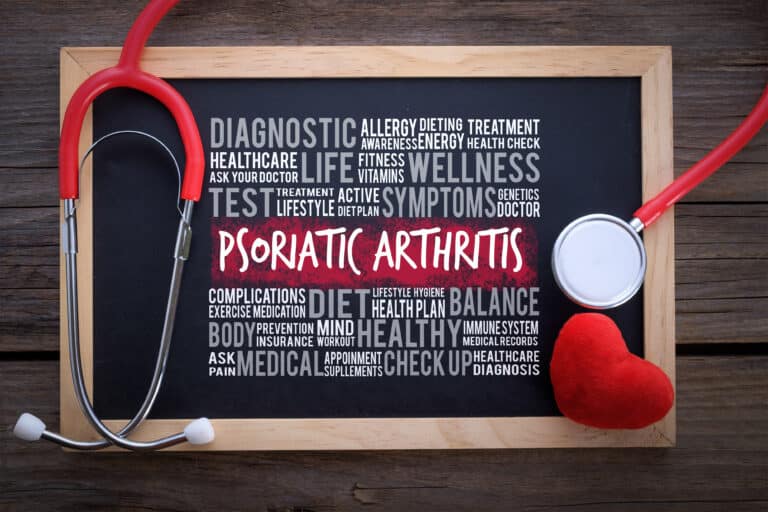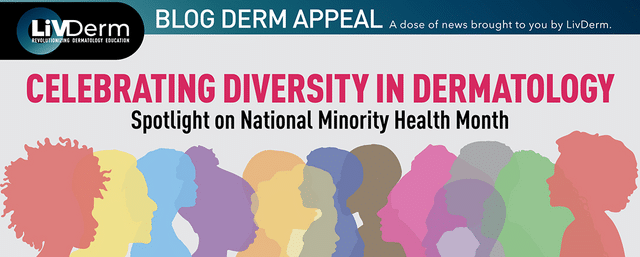
A study published in the Journal of Rheumatology by Laure Grossec, MD, PhD, and her colleagues, demonstrated that women with psoriatic arthritis (PsA) experience a higher disease burden than men.
The researchers conducted a cross-sectional study of rheumatologists and dermatologists and their PsA patients from France, Germany, Italy, Spain, the UK, and the USA from June to August 2018. The study aimed to examine the differences in clinical characteristics, disability, quality of life, and work productivity by sex.
The data collected included physician-patient record forms, which recorded the 68 Tender Joint Count and 66 Swollen Joint Count, as well as the body surface area affected by psoriasis and a Charlson Comorbidity Index score. Patients were also provided with self-reporting questionnaires that collected data on general health status, disability severity, work productivity, and disease impact.
The team of researchers assessed data from a total of 2,270 patients (1,223 men and 1,047 women) of comparable patient demographics and clinical characteristics. The results found that women reported worse quality of life, more significant disability and disease impact, and a greater degree of overall activity impairment. Men, however, experienced a higher number of comorbidities than women.
Biological factors, including the effect of sex hormones and gene expression, may play a role in the differences noted. Furthermore, patient-reported perceptions of pain may add to this outcome.
“Further research into the pathophysiologic difference between male and female patients could help to define the differing impact of disease male and female patients experience.”
The study also noted some limitations. These included an overrepresentation of those patients reporting to their physician more frequently and patient self-reporting.
In conclusion to their findings, Dr. Grossec and her colleagues state,
“Despite women and men having similar levels of physician-assessed disease activity and receiving similar treatment regimens, women reported a reduced quality of life and greater levels of disability and work impairment than men, while experiencing a lower comorbidity burden.”
They add that further research is needed to explore the additional burden experienced by women with PsA and whether or not alternative treatment regimens would alleviate some of these differences.
To learn more about the management of PsA, register for LiVDerm’s free CME activity, Managing Psoriatic Arthritis Together: A Multidisciplinary Approach to Care Between Rheumatologists and Dermatologists.















